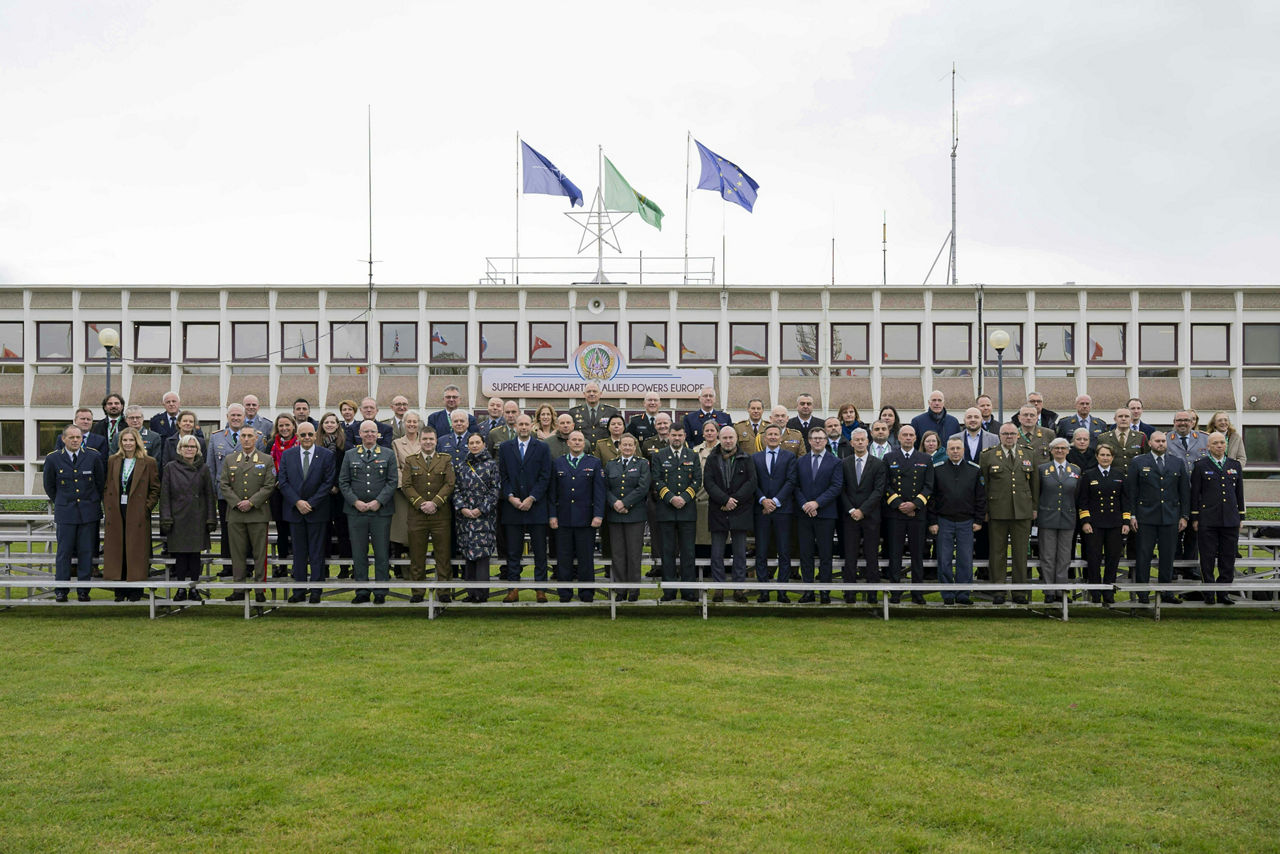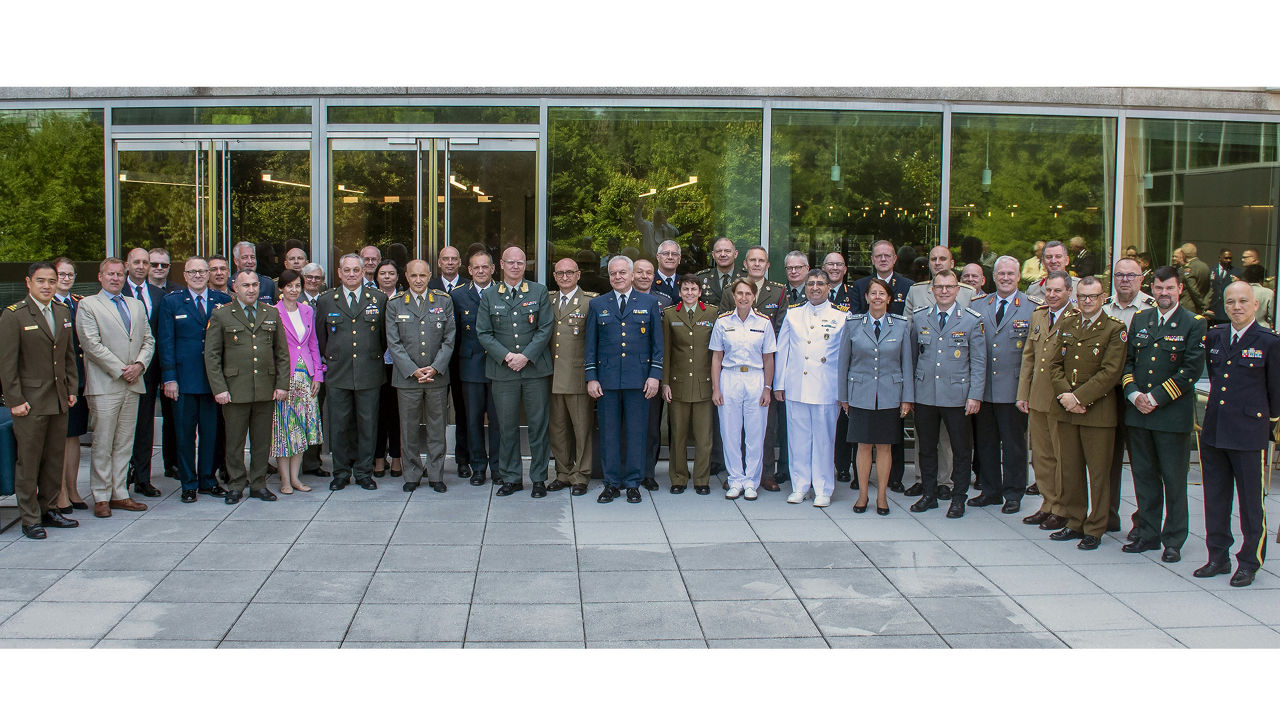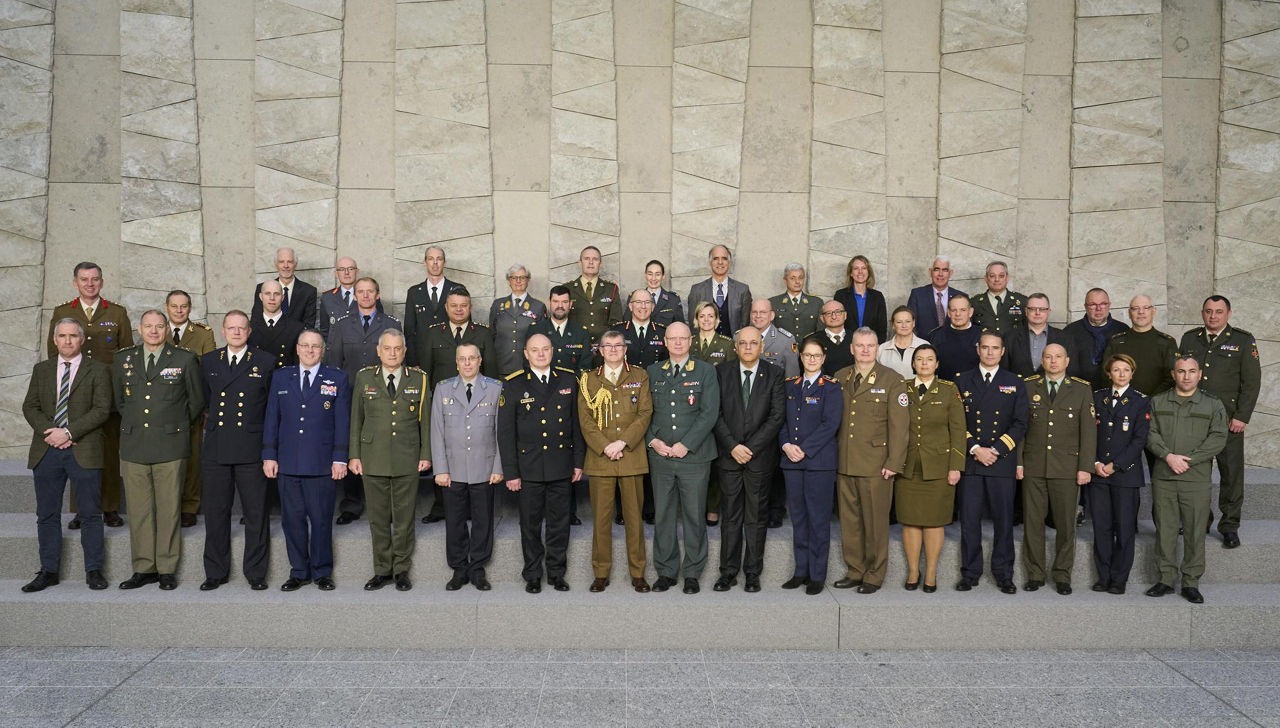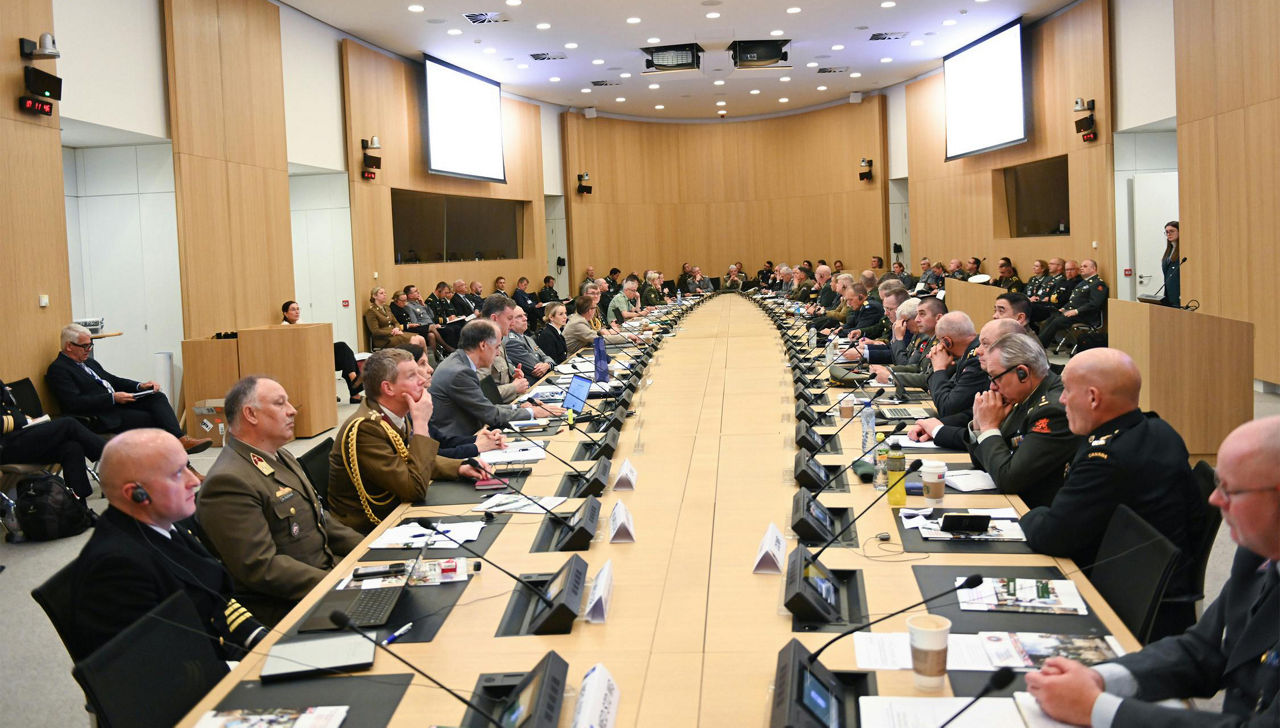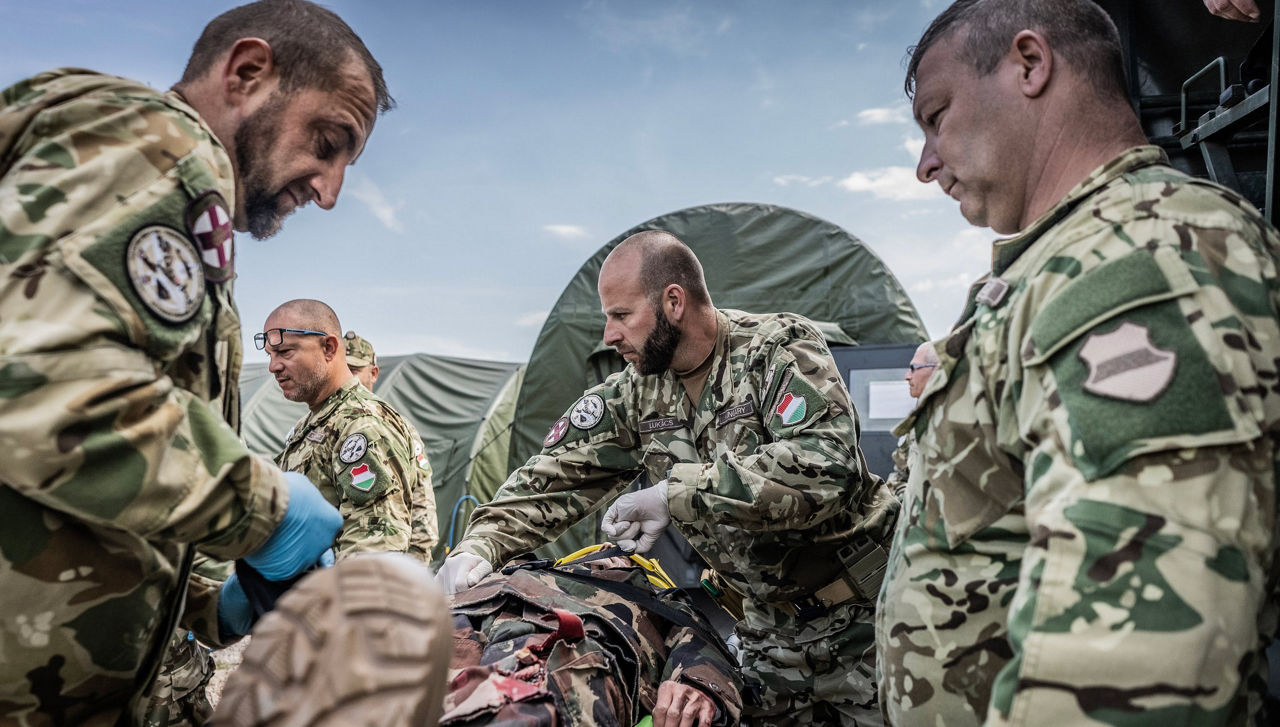Download NATO’s broadcast-quality video content free of charge

Log in
NATO MULTIMEDIA ACCOUNT
Access NATO’s broadcast-quality video content free of charge

Check your inbox and enter verification code
You have successfully created your account
From now on you can download videos from our website
Subscribe to our newsletter
If you would also like to subscribe to the newsletter and receive our latest updates, click on the button below.
Enter the email address you registered with and we will send you a code to reset your password.
Didn't receive a code? Send new Code
The password must be at least 12 characters long, no spaces, include upper/lowercase letters, numbers and symbols.
Your password has been updated
Click the button to return to the page you were on and log in with your new password.
Committee of the Chiefs of Military Medical Services in NATO (COMEDS)
Updated: 22 May 2025
The Committee of the Chiefs of Military Medical Services in NATO (COMEDS) advises and reports to the Military Committee (MC) on medical matters affecting NATO. More generally, it contributes to preserving and maintaining health and fighting strength of military forces at home and in deployment.
- COMEDS is the senior military medical body in NATO on military medical matters.
- COMEDS – in close cooperation with the Medical Advisors of the NATO Command Structure – is the central point for providing medical advice to the Military Committee and for the development and coordination of military medical matters.
- It also develops new concepts of medical support for operations, with emphasis on multinational health care, modularity of medical treatment facilities and partnerships.
- During the COVID-19 outbreak, the Committee helped to coordinate military medical aspects of the pandemic among member and partner countries in order to identify issues that required harmonisation, immediate attention, decision or action.
Role and responsibilities of COMEDS
The mission of the Committee of the Chiefs of Military Medical Services in NATO is to enhance the overall military medical posture of the Alliance. It does this by:
- Advising and reporting to the Military Committee on military medical matters affecting NATO;
- Acting as the coordinating body for the MC regarding all military medical policies, doctrines, concepts, procedures, techniques, programmes and initiatives within NATO;
- Taking part in the Defence Planning Process on Military Medical Issues.
The Committee needs to be able to provide timely, relevant and coordinated military medical advice to the MC, whenever solicited or required, whether during times of peace or crisis. It also needs to assure uninterrupted support in coordination and advice for member countries via the COMEDS Plenary, the COMEDS Steering Group, and the COMEDS Working Groups and Panels. These Working Groups and Panels cover tasks in different areas of medical support. The seven Working Groups functioning under the auspices of the COMEDS Steering Group are the Military Health Care Working Group; the Force Health Protection Working Group; the Military Medical Structures Operations and Procedures Working Group; the Medical Standardization Working Group; the Military Medical Training Working Group; the Health Information Systems and Technology Working Group; and the Chemical, Biological, Radiological and Nuclear (CBRN) Medical Working Group. The COMEDS Futures Advisory Board is directly subordinate to the COMEDS Plenary.
The Committee also steers Allied medical doctrine and interoperability development within NATO and its member countries. It does this in collaboration with the NATO Standardization Office, and through several Working Groups and Panels that are populated by national subject matter experts from both Allied and partner countries.
COMEDS and the NATO Command Structure Medical Advisors work together to identify issues that might require the attention of decision makers; they also seek to improve medical support in a multinational environment. Since the deployed troops and medical assets in NATO operations are from different countries, the ongoing challenge is to provide the highest level of care and prevention to everyone by ensuring that the medical support provided is unified and comprehensive. Medical interoperability addresses this challenge through implementation of NATO Standardization Agreements (STANAGs) by the member countries. COMEDS and the NATO Command Structure Medical Advisors also contribute to NATO’s defence planning process. Medical support provides essential combat service support, making it one of the key planning domains for operations, alongside armaments, logistics, air traffic management and other areas of specialisation.
How COMEDS works
The Committee was established in 1993 when the need for the coordination of medical support in peacekeeping, disaster relief and humanitarian operations became vital for NATO. It was created to advise the MC on all military health matters affecting NATO, and reports to it once a year (or more frequently, if required).
It meets in plenary session twice a year. It is headed by a chair, who is elected among the members' surgeons general for a three-year period. The COMEDS Liaison Officer (Secretary of COMEDS) is also designated for three years aside the chair, and is assigned full-time to NATO Headquarters.
The work of the COMEDS Plenary is supported by the COMEDS Steering Group, the COMEDS Futures Advisory Board, seven COMEDS Working Groups and 11 Panels.

